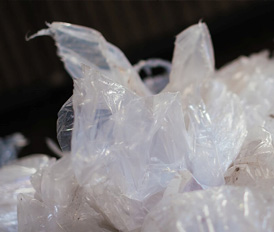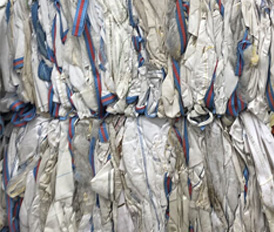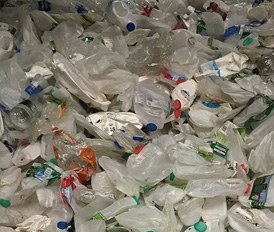The Plastic Taxes Businesses Need to Prepare For
by George Kiernan
Pakire Polymers News
During the course of 2020, two new pieces of major legislation regarding plastics recycling have been put forward. The UK and the EU will both implement taxes designed to increase the quantity of plastic waste that gets recycled.
In March 2020, Chancellor of the Exchequer Rishi Sunak announced the UK government will implement a £200-per-tonne tax on all plastic packaging not containing at least 30% recycled material from 2022. Similarly, in July 2020 the EU introduced a planned tax of €800-per-tonne on plastic packaging waste that is not recycled to come into effect in 2021.
Rishi Sunak MP revealed the plans for the UK government’s tax as part of their strategy to tackle the “scourge” of plastic pollution. The tax is intended to act as an incentive for businesses to use recycled material; Sunak suggested that the tax could boost the use of recycled plastic in the UK by as much as 40%. They are hoping this will put a sizeable dent into the 5 million tonnes of plastic waste produced in the UK every year.
The reactions to the EU’s planned tax have been mixed; Deutsche Umwelthilfe (DUH), an environmental organisation, has come out in support of the tax, saying “the EU is doing what the federal government should have done for years: it is finally taxing environmentally harmful plastic packaging.”
DUH even said the tax should be higher, saying “we need a price that really causes a change in direction. And we need regulations that primarily end the littering of nature and cities with unnecessary disposable products, be it disposable plastic bottles, plastic bags or disposable coffee-to-go cups.”
However, not everyone was so supportive; Plastic Europe, a pan-Europe association representing plastic manufacturers, were very critical. They said the EU’s policy is not based in evidence, and that it “could hamper circularity instead of accelerating it.”
The European Plastics Converters Association has called on the EU to ensure that the revenues generated from the tax goes towards investment and innovation in plastic recycling facilities and infrastructure. They say that without this, the tax “will not increase the recycling of plastic waste in Europe.”
Businesses in the UK and countries across the EU must prepare to make changes to their waste management solutions to avoid facing hefty financial penalties. This transition is something that Pakire Polymers has the means and the expertise to support companies through. From advising on waste management solutions to taking, recycling and repurposing plastic waste material, Pakire Polymers can make dealing with your waste a straightforward and even a profitable exercise.
Share article on your social media
More related articles
Pakire Polymers News
Stay Tuned
Work with Us
If you have a passion for recycling and for achieving a sustainable future, then we want to hear from you.





